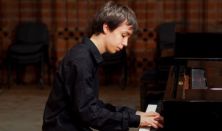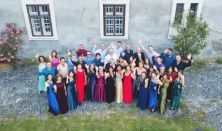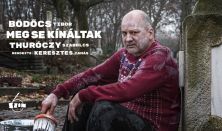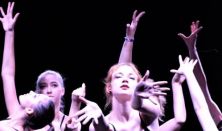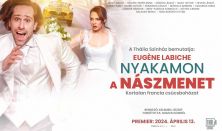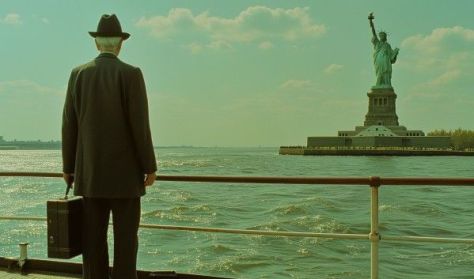
Hungarians in the World - Bartók and America / Matinée Concerts
Béla Bartók wrote some of his most wonderful and, in the traditional sense of the word, beautiful music in the final years of his life, when he was living as a voluntary émigré in the United States. Both at that time and after the composer's death, there were many who wondered whether Bartók was making artistic concessions in these compositions:… more



